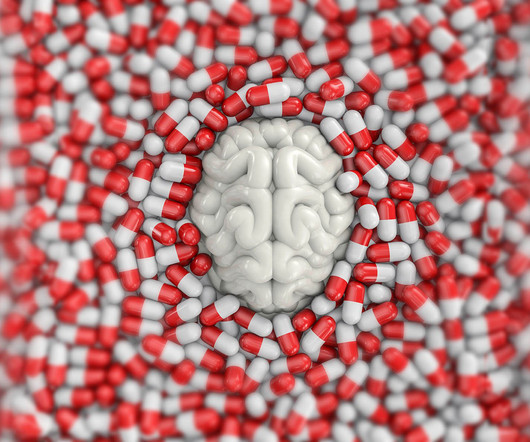Does Cognitive Behavioral Therapy Work? A Deep Dive into Women’s Mental Health
Lightwork
MAY 8, 2025
Cognitive Behavioral Therapy (CBT) is a powerful therapeutic approach that helps you reshape negative thought patterns and behaviors into positive, adaptive responses. Women face distinct mental health challenges tied to biological, social, and cultural factors.













Let's personalize your content